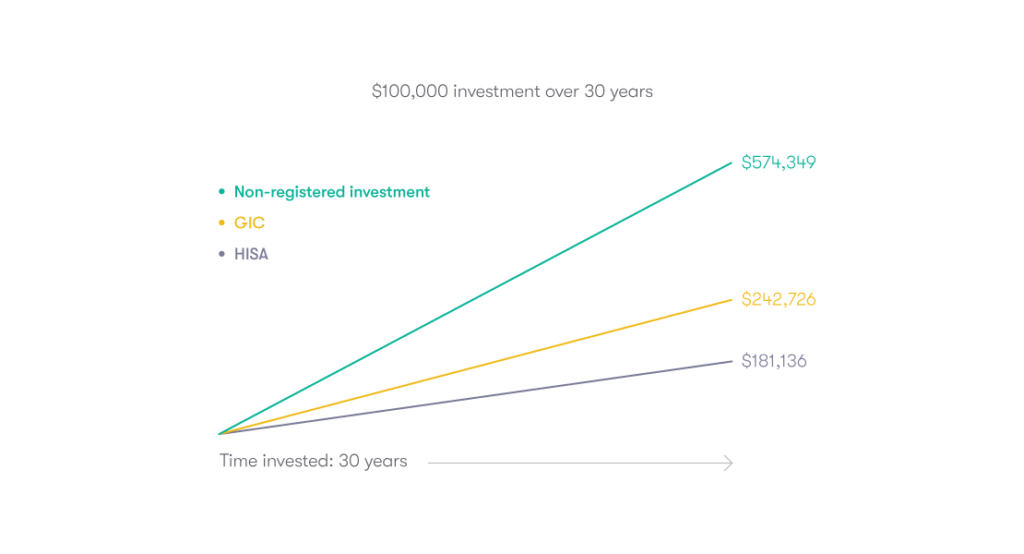 Looking back, my biggest retirement-planning mistakes had nothing to do with money. Rather, they resulted from not thinking things through and not having a good retirement lifestyle plan in place, for when I did retire.
Looking back, my biggest retirement-planning mistakes had nothing to do with money. Rather, they resulted from not thinking things through and not having a good retirement lifestyle plan in place, for when I did retire.
Because of that, it took me a couple of years to figure things out and get things right after retiring. Unfortunately, I will never get that time back. If I could do things differently, here are some of the mistakes that I would avoid making:
Mistake #1
Deciding to turtle, play safe and hang on for another 7 years
The opportunity cost of staying in a career that you no longer like just so you can max out your pension is high, especially if you have already achieved financial independence. You end up losing precious time and become sour. But there is something about that pension statement with the pre-determined retirement date that keeps us coming back for more. I can’t tell you how much time I spent running the numbers over and over again trying to figure out the right combination that would allow me to move on to something better.
Few people quit a marathon at mile 25 and most people late in their careers will choose to hang in there until the bitter end. But they need to ask themselves: Is it really worth it?
Why continue to waste valuable time putting off something that you are truly passionate about?
Although switching to part-time work means taking a pay cut, finding great work increases the odds of you working longer. Instead of retiring at age 62 feeling tired and worn out, you are thriving and excited by the work you do. By finally making the choice to leave and start your Victory Lap (VL), you no longer go to bed at night dreading the next morning’s work, trying to hang on until another weekend. Making a little less for a little longer while dramatically increasing your daily personal fulfillment is a total win.
Mistake #2
Not knowing my values and what would make me happy in retirement
I’ve learned that a great retirement is not about how much money I have; rather, it’s about an attitude, a way of living, filled with searching and discovery. To have a great retirement, you need to have a good sense of who you are, what you are, what you value and what will make you happy.
Unfortunately, because we are so busy taking care of our families and just trying to survive, we lose touch with our values.
In order to be happy in retirement, you need to get a good feel for who you are. This can be done through self-analysis to identify your abilities, values, drivers and interests. After going through this process, you will know what you are good at, and what you want/need to do with the rest of your life.
Mistake #3
Not starting work on my side gig before I left my corporate job
Working on what I planned on doing in my VL would have been a far better use of my time, instead of wasting it de-stressing in front of the TV for hours at night. Continue Reading…






